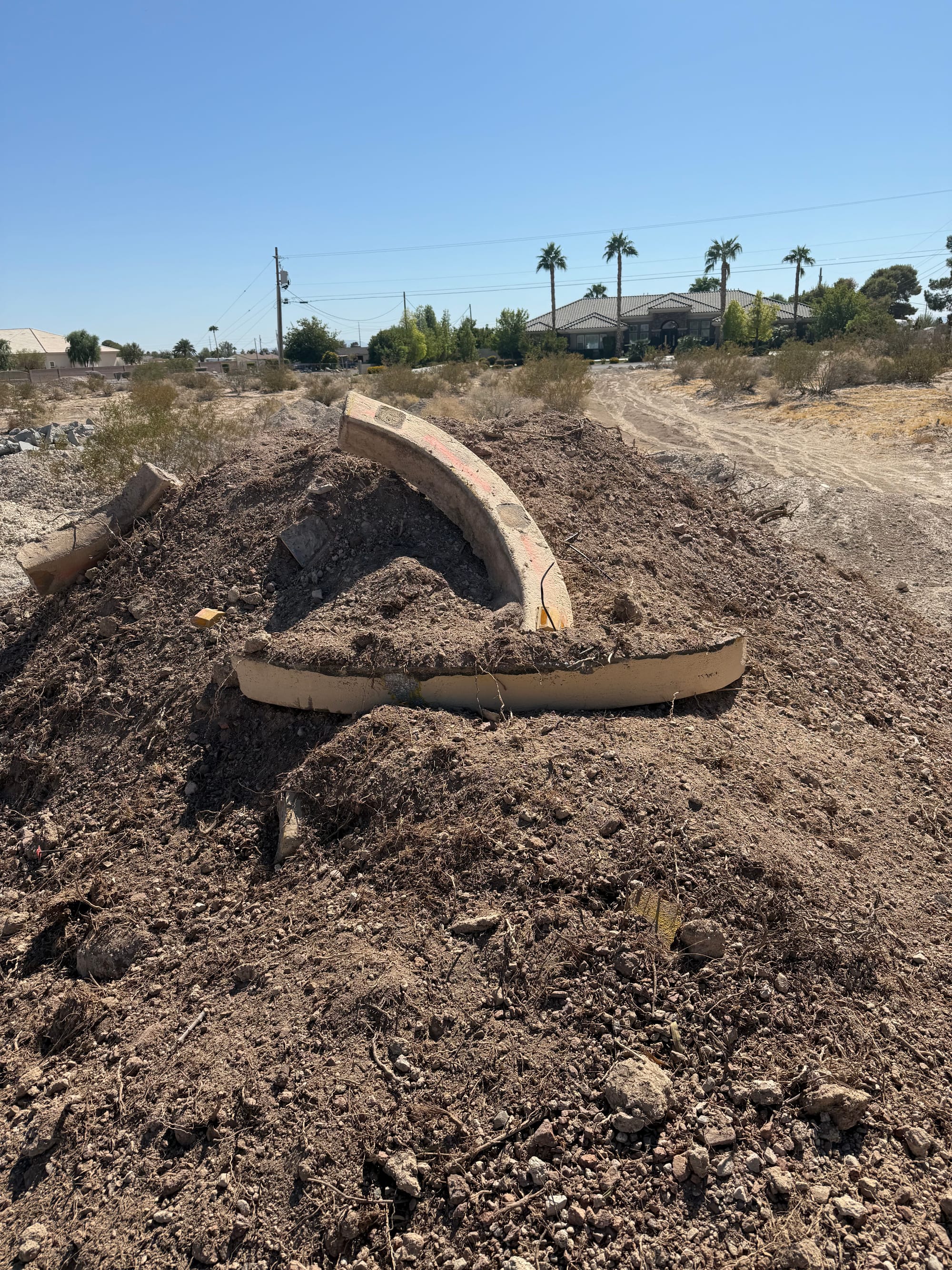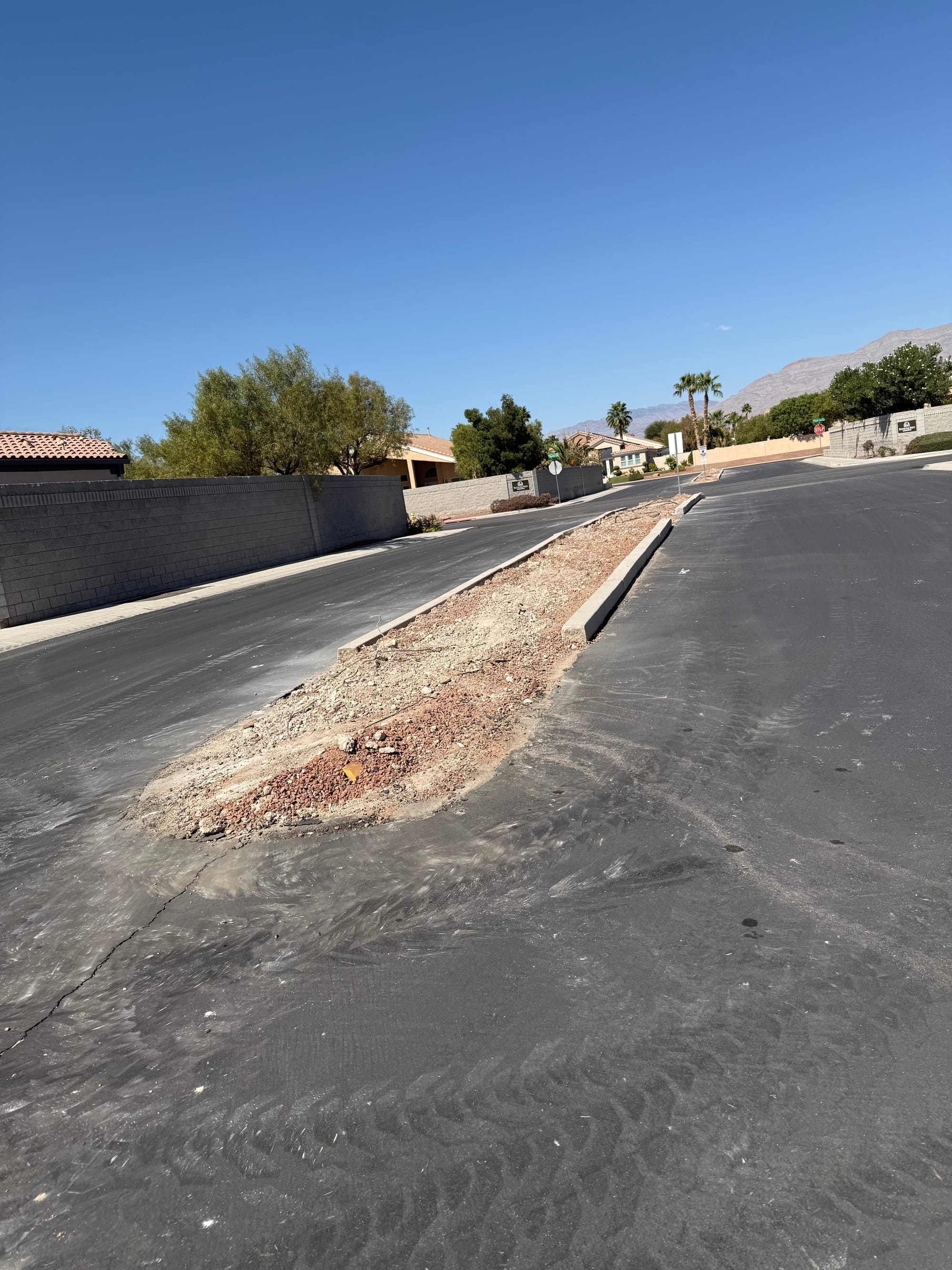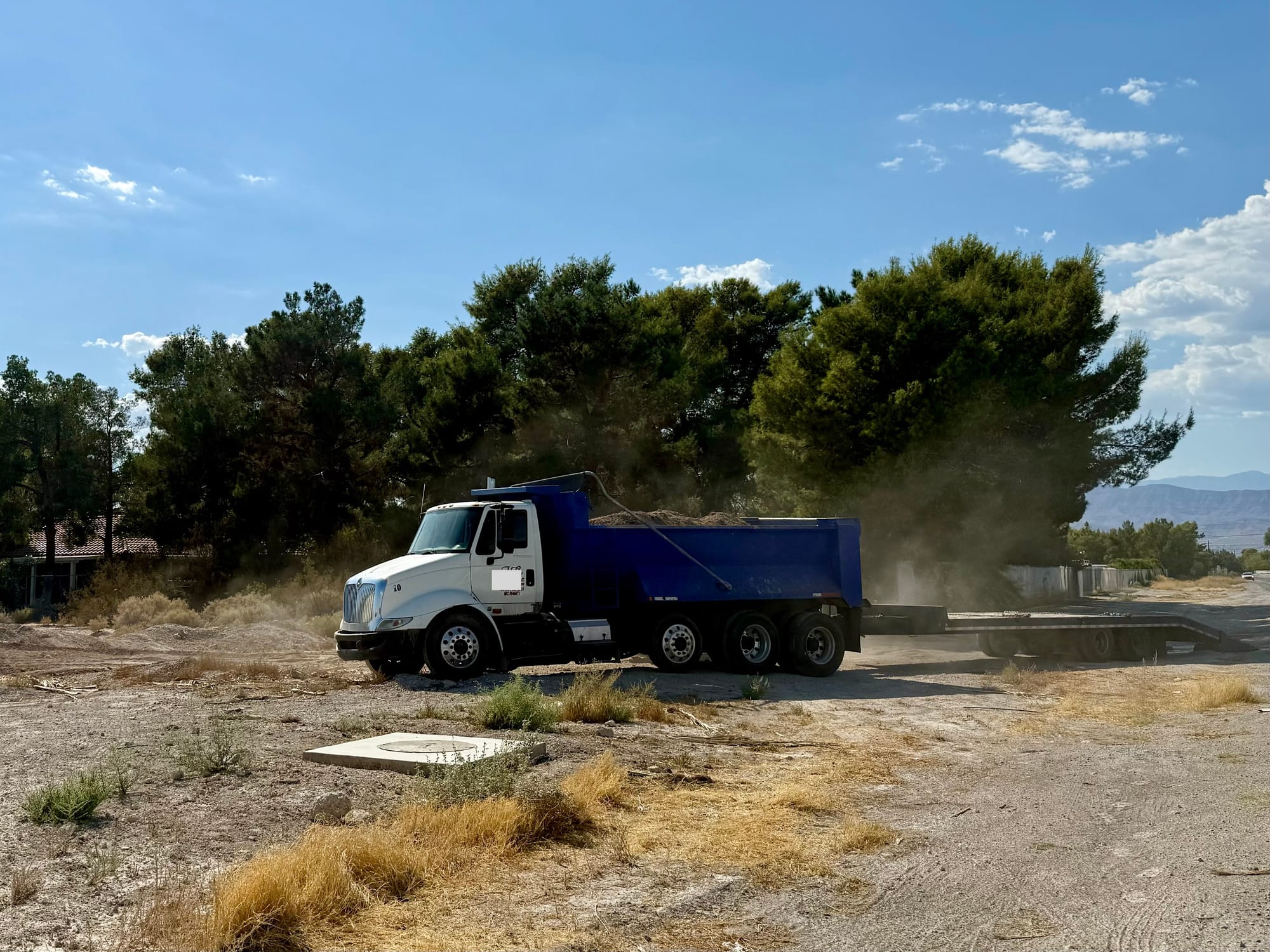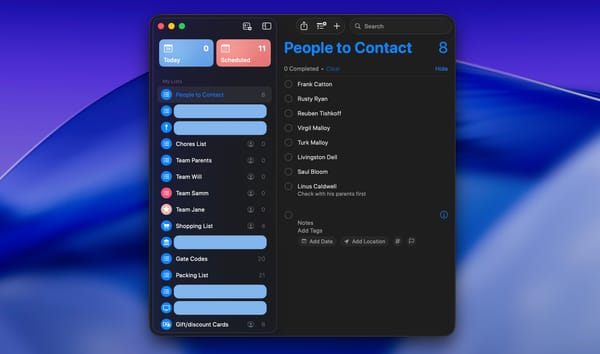Japanese Storytelling and Illegal Dump Trucks
When we travelled to Japan earlier this year, I learned about a type of story telling called Kishōtenketsu. It is a story told in four parts that doesn’t have to include conflict for interest. This structure is commonly used in short stories, movies, and anime from Japan. It can be interesting while also being pleasant.
This approach connects with me because I struggle with tension and conflict in media as told in the usual Western style. If I’m watching a movie that gets too intense, I’ll usually visit wikipedia to read the ending so I don’t have to guess or stress anymore.
The stages of the structure are found in the word "Kishōtenketsu" itself:
- Ki: Introduction - learn about the characters and story
- Shō: Development - give the story some depth.
- Ten: Twist - the unexpected complication or new light
- Ketsu: Conclusion - helps tie up the story
Let me give you an example with a story from my last couple weeks:
A Dumpy Story

Ki: I was driving home after dropping my daughter off at school. As I was nearing home, I noticed that there was a new pile of debris dumped on a lot across the street. It looked terrible with scattered concrete pieces, sprinkler pipes, and yellow reflectors all piled up.
Shō: As I pondered through the day, I was pretty sure I recognized the curve of that concrete and the faded paint. I drove to a nearby neighborhood and the memory was confirmed.

I spoke with some friends who live in that development and they noted that there were people working there that morning. I asked them for some contact info and to let me know when they were back again.
When I was notified that they were working onsite , I went and asked them if they illegally dumped any material on nearby land. They said they had not.
Ten: Perplexed at the response, I went through some security footage from cameras on the front of my house. I sent a message to the project contractor and also the customer. I attached a photo and asked "Does this truck look familiar?"

Ketsu: The next afternoon, there was this truck parked across the street. There was a small group of people standing there as a tractor gathered up the debri and put it in the truck.

I asked them again if it was them but they denied and said only that they wanted the problem to go away.
I pointed out that in my conversations with them, I never actually told them where the pile of debris was located. Only the person who put it there could have known where to go to retrieve it.
Four short story parts including one very satisfying conclusion.



